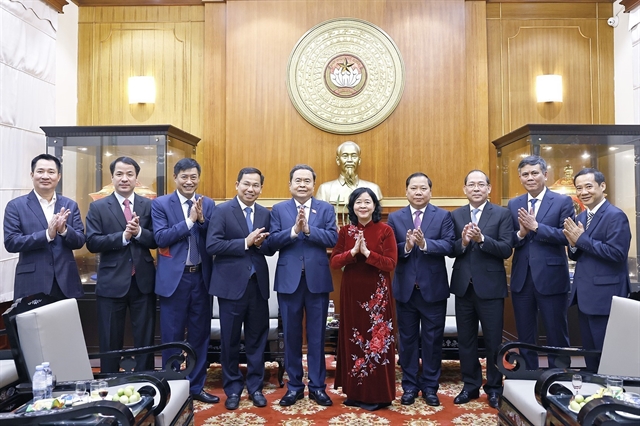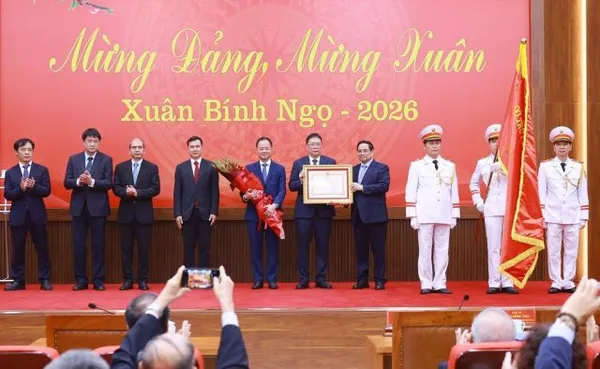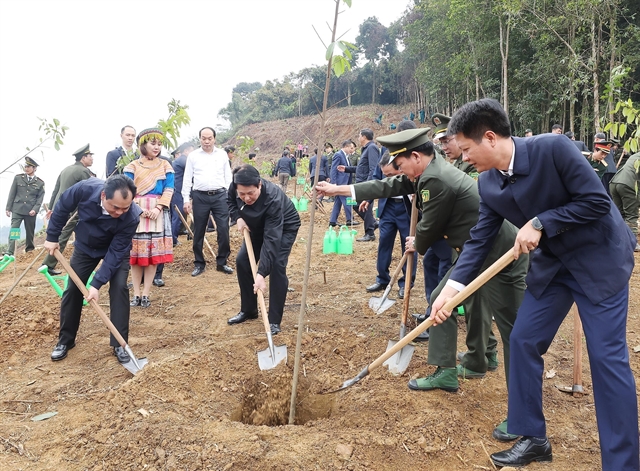 Society
Society
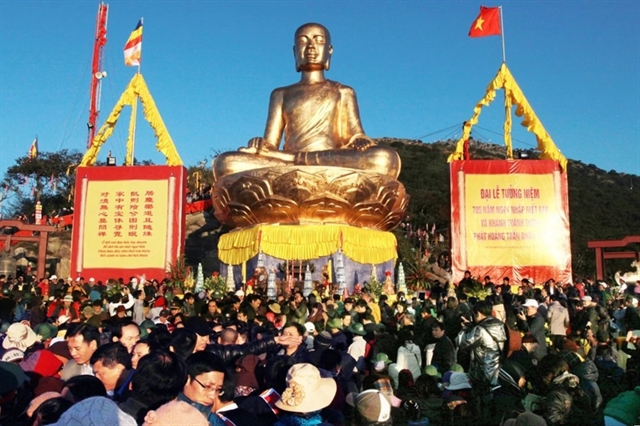
Agricultural intensification and growth in the past three to five decades have provided a solid footing for the development of East Asia.
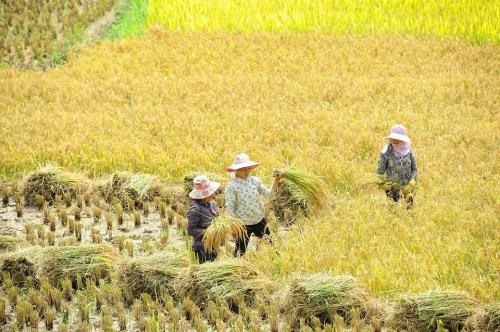 |
| Rice paddy in Sa Pa District, northern province of Lào Cai. The intensification of agriculture has frequently featured poor farm management practices related to both input and output of crop and animal production causes concerning pollution of water, oil and air. — VNA/VNS Photo Vũ Hoàng Kiều My |
HÀ NỘI — Agricultural intensification and growth in the past three to five decades have provided a solid footing for the development of East Asia.
However, intensive farming operations have proved to be a major and often under-recognised source of water, soil and air pollution in certain parts of the region, says a new study of World Bank.
“The challenges of Agricultural Pollution: Evidence from China, Việt Nam and the Philippines” compiles available data on a broad range of pollutants and their impacts and lays out a vision for cleaner and safer agriculture.
According to the study, the intensification of agriculture in the region has frequently featured poor farm management practices related to both input and output of crop and animal production.
For example, livestock waste, with some 36 per cent generated in Việt Nam, is dumped directly into the environment without treatment. Up to 80 per cent of livestock waste is disposed of in this manner in some parts of the Philippines.
The East Asia region now features some of the heaviest fertiliser users globally in both absolute terms and per unit of land. Most of these fertilisers are not used up by the target plants but instead disperse through air, soil and water.
Another emerging concern is the use and improper disposal of agricultural plastics. In China, the use of plastic film grew more than 150-fold between 1982 and 2014 in terms of area and 200-fold in terms of tonnes. The use and disposal of plastic are associated with concerns including those related to soil fertility, food safety and protection of wildlife.
Crop residues are systematically burnt for the sake of expedience and to save labour cost.
“These and other agricultural practices have given rise to significant environmental pollution, with the breadth and severity of the problems varying among countries,” the study says. “Changing patterns and practices are a growing concern for human and wildlife health and well-being, climate stability, farm productivity and agro-industry competitiveness.”
However, according to researchers who joined the study, “technical solutions are not lacking” and potential policy instruments can be rules linked to farm licencing, operation and input use, fines/loss of benefits for non-compliance or subsidies/preferential credit for adopting certain practices/technologies.
Technical priorities are clear: for example, applying rice cultivation techniques that reduce greenhouse gas emissions, improving livestock waste management, reducing prophylactic veterinary use of antibiotics, reducing fertiliser losses for cereals and adopting specialty crop farming.
Victoria Kwakwa, vice president for East Asia and the Pacific at World Bank, said the report on agricultural pollution showed that a reorientation of public policy and spending towards pollution control can benefit farmers and consumers alike.
World Bank backs efforts to control agricultural pollution in East Asia and around the world. In Việt Nam, World Bank financing will help scale up innovative aquaculture practices to increase shrimp yields while reducing water pollution on some 100,000ha over the next five years in the Mekong Delta. This will help boost farmers’ livelihoods and resilience to climate change.
The country is also scaling up the adoption of biogas digesters in livestock operations and promoting the judicious use of fertilisers and agro-chemicals among rice farmers in the Mekong Delta region.
Trần Đại Nghĩa, Head of the Natural Resources and Environment Management Department of the Institute of Policy and Strategy for Agriculture and Rural Development, said to change farmers’ awareness and farming practices, an effective approach would be to help them reduce production costs by reducing inputs such as water or fertilisers.
Besides stricter punishments for violations, Việt Nam is developing a draft decree on Organic Agriculture Production, which promotes cleaner and safer agriculture, Nghĩa said. The country also wants to improve the capacity of localities to better deal with agricultural waste. — VNS

_med.jpg)

